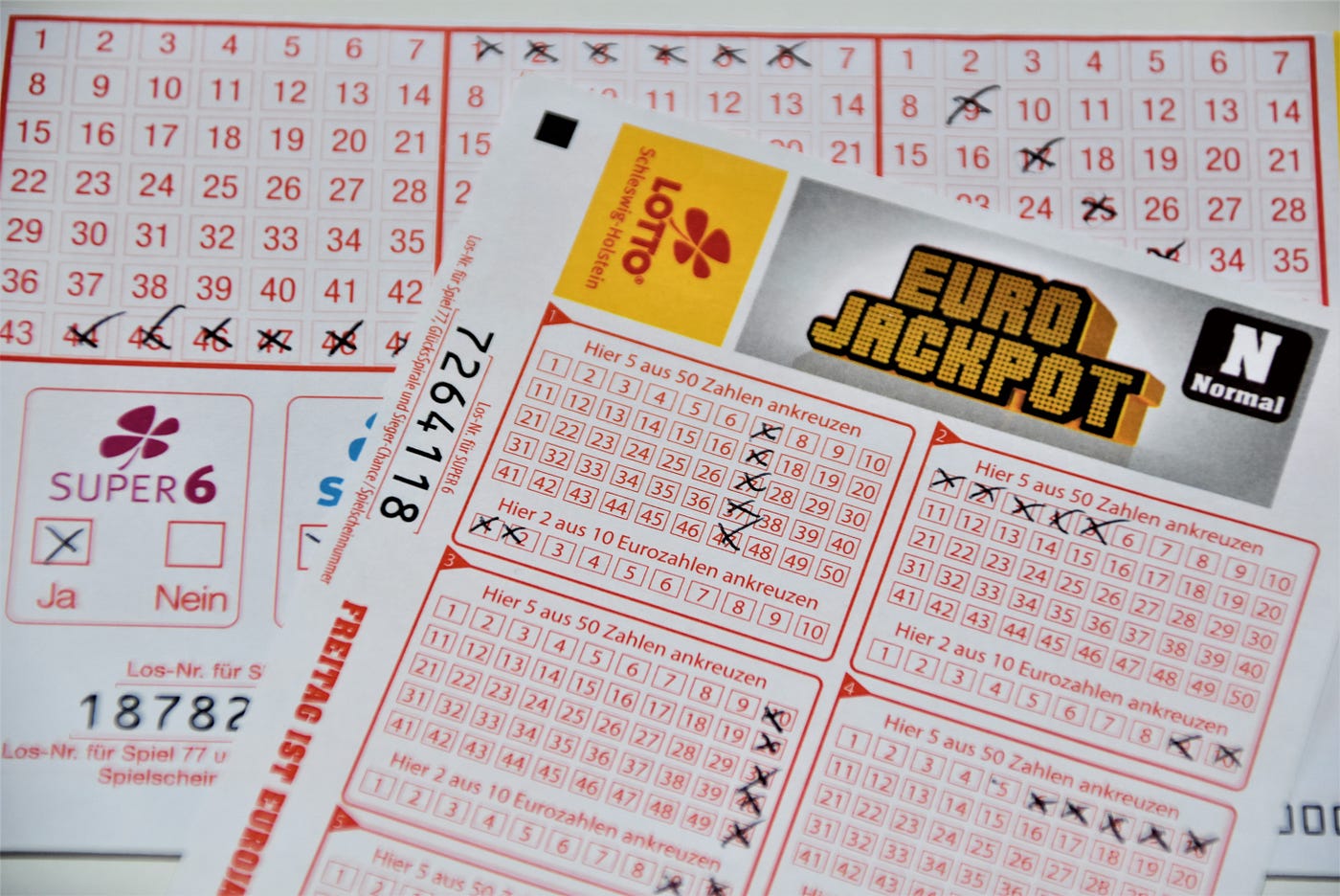
The lottery is a game of chance in which a prize is awarded to individuals or groups selected at random. The term also refers to any process that uses a random procedure to allocate property, work, or other benefits. Modern lotteries have a wide range of applications, from determining who gets a basketball team’s draft pick to allocating scarce medical treatment. Some are government-sponsored and others encourage people to pay a consideration (money, property, work) for the chance to win a prize.
Most of us are familiar with the concept of a lottery. We’ve all played the scratch-off games at gas stations and grocery stores and watched the numbers on TV as they roll in, but how many of us actually understand what it means to win a lottery?
We know we’re not really likely to win the big jackpots. But what is the actual odds of winning? And how much can we expect to get if we do win?
A common way to measure a jackpot is to calculate how much money you’d get if the current pool was invested in an annuity for 30 years. That would give you a first payment when you won, followed by annual payments that increase by 5% each year.
Most of the time, a lottery advertises its jackpot based on this calculation. But the reality is that when a jackpot goes up, it’s not just a matter of raising the number of tickets sold, it’s changing how many tickets are bought by each player. People are good at developing an intuitive sense of how likely risks and rewards are within their own experience, but that doesn’t translate well to the massive scale of the lottery.